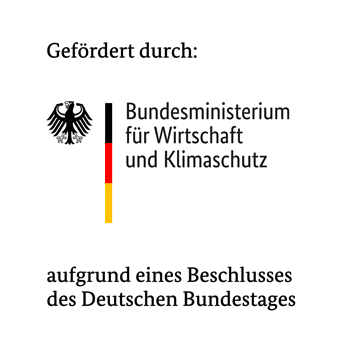If rolling bearings fail, this can lead to total damage to the overall technical system or to long downtimes. Around half of all rolling bearing failures are due to a malfunction caused by inadequate lubrication or incorrect lubricant selection. In order to determine the suitability of a lubricant, various laboratory aging procedures and endurance runs in rolling bearing test rigs are used in development. These tests are time-consuming and costly, so the industry is constantly looking for new, innovative and meaningful screening tools.
Research report published: Failure mechanisms of lubricated rolling bearings
Continuous further developments in application technology are placing ever greater demands on the lubricating greases used. This is particularly true in the field of rolling bearings, where lubricating greases are used at high speeds and in wide temperature ranges. A current example is the rolling bearings in the units of hybrid vehicles, which are subjected to extreme thermal and mechanical loads due to engine downsizing, high speeds and the radiant heat of the combustion engine.
The service life calculation of grease-lubricated rolling bearings is based on the fatigue strength of the bearing materials. However, under critical operating conditions, e.g. high temperatures, failure of the bearing occurs even before this fatigue limit is reached due to lubrication failure, which is associated with consequential costs and downtime.
BMWK-funded research project completed

After three years of research, there is now for the first time reliable knowledge of how the thickener structure of a lubricating grease changes during aging and mechanical load, how this can be detected and what influence this has on lubrication and thus on the performance and service life of the rolling bearing.
This research project has made a significant contribution to successful grease evaluation by developing methods to separately evaluate different factors influencing grease degeneration.
A better understanding of the interrelationships, the influencing factors and the impact on lubrication helps to reduce development costs, to reduce development times and to be able to develop high-performance products also for niche markets.
The results are published in DGMK Research Report 820. The report is available free of charge from DGMK.
Research Centres
Mannheim University of Applied Sciences Tribology Competence Center
OWI Science for Fuels gGmbH affiliated Institute of the RWTH Aachen
The IGF project (21251 N) of the research association DGMK Deutsche Wissenschaftliche Gesellschaft für nachhaltige Energieträger, Mobilität und Kohlenstoffkreisläufe e.V., Große Elbstraße 131, 22767 Hamburg, Germany, was funded by the German Federal Ministry of Economics and Climate Protection via the AiF within the framework of the program for the promotion of joint industrial research (IGF) based on a resolution of the German Bundestag.